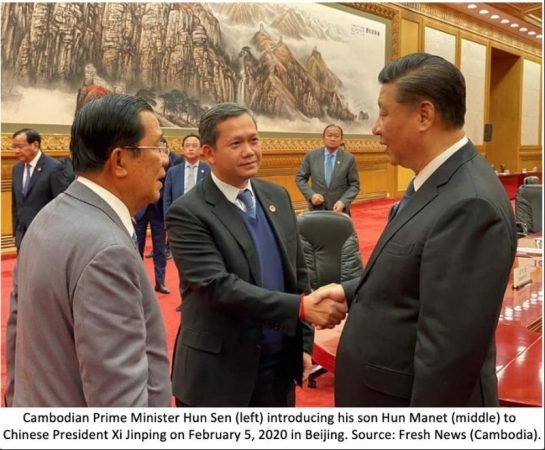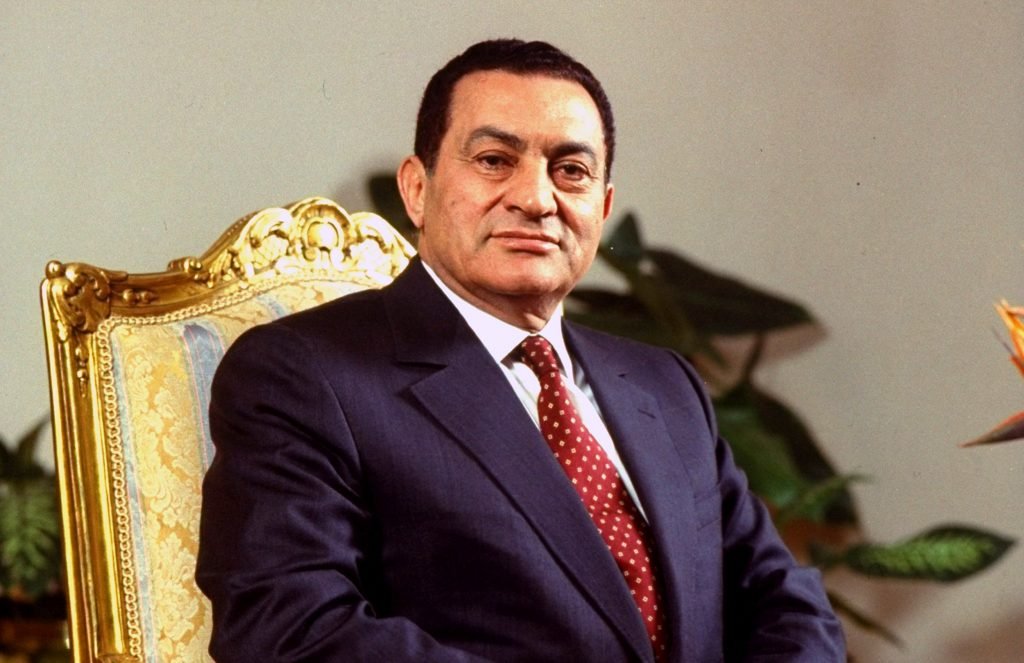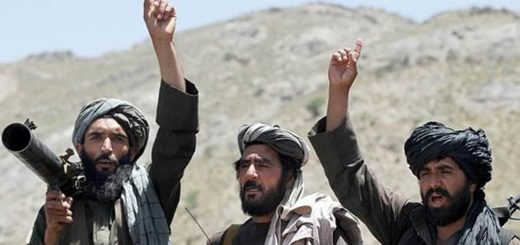Impossible Family Succession for Dictators from Egypt to Cambodia

The fall of Egyptian President Hosni Mubarak in 2011 after he sought to hand power to his son must haunt Cambodia’s Prime Minister Hun Sen.
The prospect was unpalatable to Egypt’s military establishment, which allowed the population to protest against Mubarak, who had ruled Egypt for 30 years, without army intervention. Using unprecedented popular pressure from the street as a pretext the military finally forced Mubarak to transfer power to the Supreme Council of the Armed Forces, and the previously almighty Rais had to stand trial for his alleged crimes.
“You could almost hear” the military officers making their calculations, recalled an American official who took part in talks with Egyptian military leaders during the uprising. “Did they want to stick with an aging, sick leader whose likely successor was his own son, who the military didn’t trust?” (1)

Clinging to power through political warfare
In Cambodia, after protests on an unprecedented scale against the Hun Sen regime throughout 2013, the army fired on a crowd leaving numerous people dead in January 2014. Without this violent army intervention which broke the momentum of the popular rising, Hun Sen would already have lost power.
To be able to hold on, Hun Sen still needs to continuously brandish the threat of intervention from the armed forces to ensure that any expression of “People Power” is bloodily crushed.
In fact, Hun Sen has only ever been able to hold on to power through creating social and political tension, which allows him to position himself as a war leader who has the right to eliminate dissenting voices. Peace does not suit him because peace presupposes liberty, dialogue and free and fair elections, which Hun Sen knows that he would lose with the population’s growing desire for democratic change.
Political warfare is easier and allows him to brutally eliminate his rivals, whether within the ruling Cambodian People’s Party (CPP), or the opposition Cambodia National Rescue Party (CNRP). Many of his threats are directed especially at potential rivals within the CPP, who will be accused of “treason” if they don’t support the continuous war against the CNRP.

Contradictions in Hun Sen’s strategy
Hun Sen’s strategy is to play for time, but it comes at the cost of the endless postponement of the transfer of power to his designated heir, his son Hun Manet, since any smooth transition with minimum risk of the family losing power altogether requires a peaceful environment, which is incompatible with Hun Sen’s need for political warfare to cling to power for the time being. For powerful figures within the CPP, continuing to support Hun Sen is a course fraught with danger, and it is impossible to guess what their fate will be.
Hun Sen’s regime has always rested on his personal authority and power, rather than straight control through an institution such as the party or the military. But his popular support is rapidly shrinking as shown by the rapid rise of the democratic opposition. The fact that a single man has remained in power for 36 years has become a matter of controversy even within his own party. Yet Hun Sen’s personal ego, vanity and the desire to secure continuous impunity for all the crimes he has committed during his exceptionally long reign, attract him to the idea of a family dynasty ruling Cambodia.

Jumping Generations
The idea that Hun Sen’s eldest son Hun Manet can take over as head of the country’s armed forces is understandably hard to swallow for CPP leaders of Hun Sen’s generation, such as minister of the interior and party vice-president Sar Kheng, who has his own clan. Many other political and military leaders with vast experience would also see the young Hun Manet jump ahead of them.
The need to create space for Hun Manet meant a need for demotions within the military. Hun Manet, who had been rushed through to the status of a three-star general, could not be seen to be equal or below others in rank. So the plan was for four-star generals to be downgraded to three stars, three stars to two and so on. But Hun Sen, in order not to anger the military top brass with probably the example of Mubarak in mind, has finally dropped the plan. The truth is that his son apparently does not have, and won’t be able to acquire, the authority to command the army and the party based only on family affiliation. Tempting as it may be, there is no way to simply import the North Korean model into Cambodia.
The idea that it may be possible to conceal a family succession by handing over to a non-family member in the first instance won’t fool anyone. There has been speculation, which Hun Sen has encouraged, that finance minister Aun Pornmoniroth may be a candidate to take over. This, Hun Sen calculates, maybe a more viable way to keep power in the family, if Aun Pornmoniroth hands over to Hun Manet after a safe interval has passed.
Succession impasse
The fact that such a scenario is being considered shows how Hun Sen’s position has weakened and his options narrowed even within the last 12 months. Such a strategy would greatly increase the risks that the succession process would escape the control of the Hun family. Time is working against Hun Sen. Saying that he will rule indefinitely, as he asserted earlier this month (2), simply shows that he has no way out of the succession impasse.
Deep inside, Hun Sen realistically fears that in the tense atmosphere he has himself created, his inexperienced son is not suitable to take over and lacks his father’s dominant personality, authority or charisma. Hun Manet’s legitimacy to lead Cambodia exists only in Hun Sen’s imagination. There is no road to peace and stability for Cambodia through such an archaic process of succession, no matter how it is disguised. There is only one way to decide who should rule our country: free and fair elections in which the opposition is allowed to take part.
(1) Seiki Tanaka, “Aging gracefully? Why old autocrats hold competitive elections”, Asian Journal of Comparative Politics, 2017. https://journals.sagepub.com/doi/full/10.1177/2057891117728129
(2) Voice of America (VOA), “In Another Flip, Hun Sen Now Says He Will Rule Indefinitely.” https://www.voacambodia.com/a/in-another-flip-hun-sen-now-says-he-will-rule-indefinitely/5801808.html


















